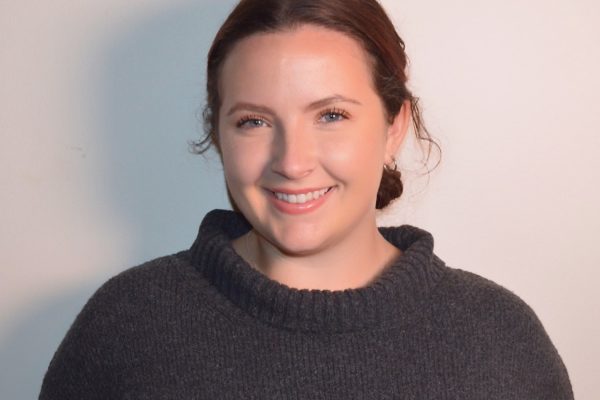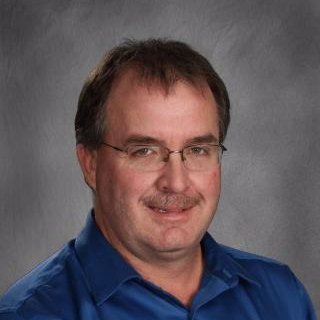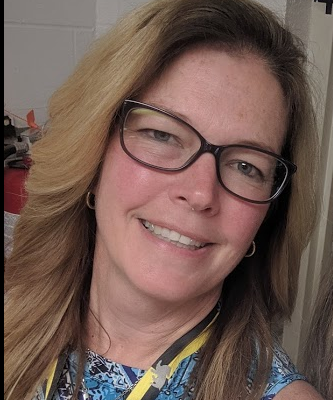By- Jean Tower
CoSN Annual Conference, Washington D.C.
The annual CoSN conference was held in April in Washington DC. The theme of the conference was Accelerating Success, Powered by an eLearning Culture.
There were so many amazing sessions and plenaries that it is impossible to write about everything, so here is a smattering of takeaways from my notes.
The conference opened with a plenary session addressing “How Smart School Systems Are Rethinking Innovation.” The speakers were: bestselling author Daniel Pink, Darryl Adams, Superintendent, Coachella Valley Unified School District in California, and David Schuler, President, AASA. After they each presented, Deb Delisle, Executive Director & CEO, ASCD, moderated a panel discussion.
Dan Pink quotes of note:
A device is a tool, and like any tool, it has its purposes. It’s not for everything; it’s for the right things.
Schools need cooperatives to share best practices. Libraries can be those hosts of best ideas in a school.
All panelists spoke positively about the idea of “20% time” when students get to do non-commissioned work. Darryl Adams shared the story of how in Coachella Valley Unified School District, district leaders were struggling to implement 21st-century learning standards when students did not have connectivity out of school. When students got home, they could no longer access the Internet. Superintendent Darryl Adams decided on an innovative course of action. He had school busses equipped with wireless access points and parked them overnight in neighborhoods in which students otherwise had very little access. Nice out-of-the-box thinking!
Eric Sheninger presented a session on how schools can market and brand themselves online, and how this helps them engage with stakeholders.
Another noteworthy session was the CTO Forum. The title was, Building on the Past to Invent the Future, and in this interactive session participants talked about the pivotal role of the school CTO in inventing the future. A question of discussion was to think about what challenges and obstacles to change were in place 25 years ago and to compare to today – are they similar? Remarkably, the challenges to change are still often about people and building capacity.
ASU GSV Conference, San Diego
In late April, I attended the ASU GSV Summit. This is a conference that brings together education technology entrepreneurs and established companies, educators, investors (funding possibilities), and an amazing array of luminary speakers – Bill Gates, Common, Condoleeza Rice, Jim Collins, Guy Kawasaki, Michael Moe, Sal Khan, and so many more!
I found immediate take-aways, from the tools that Ed Surge shared on evaluating the possible effectiveness of digital tools, to the great new products I saw in Tomorrowland. Tomorrowland was a large space where innovative ed tech products, some not even to market yet, were available for demo.
I also heard quite a bit about how ed tech entrepreneurs and publishers of ed tech products see the actual market. I often felt like what entrepreneurs really need is to have a lengthy and frank conversation with some practitioners. I think that educators should all get involved with partnerships like the MassCUE – LearnLaunch partnership, so we can help steer the market to better meet our needs.
All of the keynote sessions memorable. They were inspiring and thought-provoking. I was very impressed with the quality of the speakers and the timeliness of the messages. Good to Great author, Jim Collins, said that great level 5 leaders manage for the quarter century, and that winners are not lucky alone, it is what they do with that luck – return on luck. Condoleeza Rice said, “If your national creed is ‘you can come from humble circumstances and do great things’ it better be true.” She also said that education is a civil right. Michael Moe presented so much provocative information that it was almost too much to take in. I highly recommend watching his keynote. Dr. Richard Miller of Olin College said that the reason why a well-rounded education is essential is that, “Engineering is a process, NOT a body of knowledge.”
I enjoyed Guy Kawasaki’s presentation, and even though it was meant for entrepreneurs, there were seeds of wisdom for educators and ed tech leaders. He said, don’t wait for perfect conditions – if you do, you will either never launch or be too late. He also advised attendees to hire infected people – get people who are passionate.
In a session about employers and recruiting, New Models of Measuring Workplace Performance, a VP from Goldman Sachs said, “Everyone’s a tech company. Goldman now has more software engineers than Facebook has employees.” This is important to schools as we think about teaching computer skills, coding, and design process thinking in our curriculum. All of the panelists gave their interpretation of “Grit over GPA” and it was clear that some companies still rely on GPA to sort applicants. My takeaway – companies need to move toward other measures to predict workplace performance so that universities can place higher value on non-traditional definitions of success, and that, in turn, K12 education can do the same.
Getting out of your own district and your home state is an amazing growth opportunity. I know when I go to national conferences I am inspired, energized, educated, and learn as much from other participants as I do from the speakers. I hope I see lots of you at ISTE in Denver in June and at the CoSN conference in Chicago in April of 2017.
About the Author:
Jean Tower currently serves as the Director of Media and Digital Learning for Needham Public Schools in Massachusetts. Jean’s primary interest is in effective integration of technology in the curriculum and in creating the essential conditions to enable that to happen. Before working in the public schools, she worked in information technology in the private sector, as well as in higher education. Ms. Tower has 25 years of experience in K-12 educational technology, a BS in Computer Science, a Master’s degree in Critical and Creative Thinking, and a CAGS in Educational Administration from Boston University. She serves on the board and is a past chair of The Consortium for School Networking, CoSN, a national organization for school technology leaders. Jean is the Past President of the Board of the Massachusetts Educational Technology Administrators Association. She writes a blog (at K12EduBuzz.com) on technology and education.
 Print this post
Print this post



